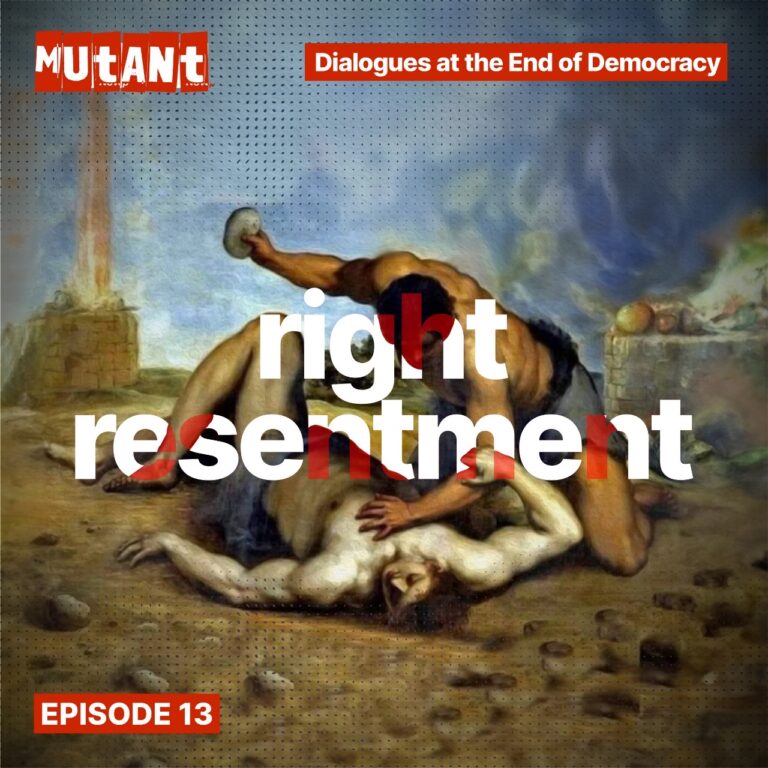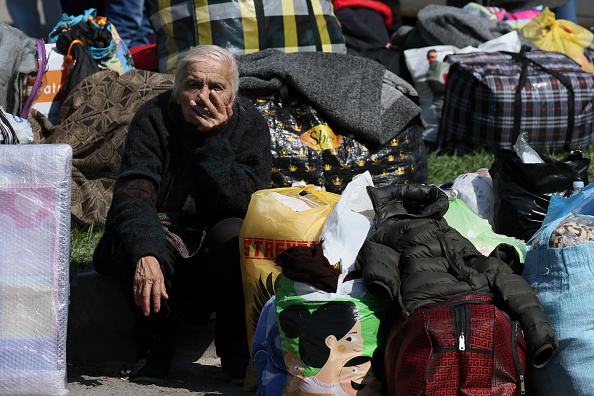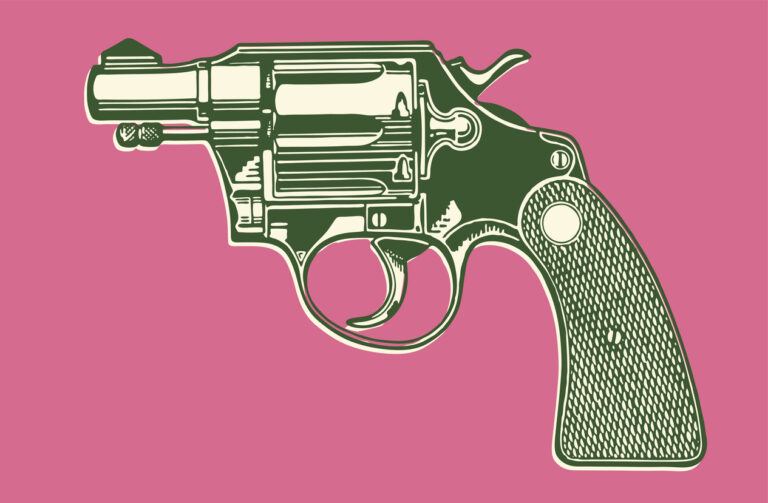We seek to investigate not simply the infrastructure of perpetually imminent and impending violence worldwide, but its legal and political logic.
The most remarkable development in global politics in the last half century is the appearance of those forces and ideologies that seek to unravel the promise of human freedom altogether. Only now they act in the very name of democratic values and come to power through legitimate means, even as they undermine public trust in democratic institutions. In the United States, elected officials of one of two major political parties can now openly—and routinely—claim, to immediate global broadcast, that the US must not be a democracy at all. And that instead, it was always meant to be a republic of individual freedoms. What does this symptomatic perversion of our political theory and democratic history mean for the future of liberalism and civil rights in the age of data mining and culture wars?
We believe that the future of democratic politics and political solidarity cannot be imagined, let alone secured, without a firm understanding of this long arc of democracy’s raging present and, more precariously, the dystopian shapes that its aftermath is poised to take. Because attacks on democracy today come from within—and inside—the citizenry in a manner and with frequency never before seen, this is as an existential moment for our faith in the idea of citizenship at large. Reactions against movements for social and racial justice—or against legislations that seek to address global wealth inequality and access to food (or even air-conditioning)—are thus no more fundamental to understanding the future of democracy than they are windows into mutations of human nature itself.
The most visible form of violence in liberal democracies appears today as partisan conflict. By which we mean not simply a violence driven by ideological commitments and disagreements but instead the willingness to kill over questions of identity. At the Institute, we define conflict as this long, catastrophic process that has normalized the desire to kill in liberal democracies, sometimes by force and often by pure neglect of the vulnerable. Distinct from tangible violence, it is a process that has elevated disagreements and differences of social and political choices into matters of existential strife. They have turned arguments about political decisions and public goods—safety, policing, and increasingly, education—into matters of life and death. As conflict has moved from borders to inside our cities, democracies find themselves at the threshold of an endless social strife marked by the readiness to kill those who simply vote differently or dress differently.
How might liberal democracy exit this existential, destructive, and suicidal impasse? We seek to investigate not simply the infrastructure of this perpetually imminent and impending violence but rather its legal and political logic, and above all, the effect it will have on the future of the modern constitutional compact.



